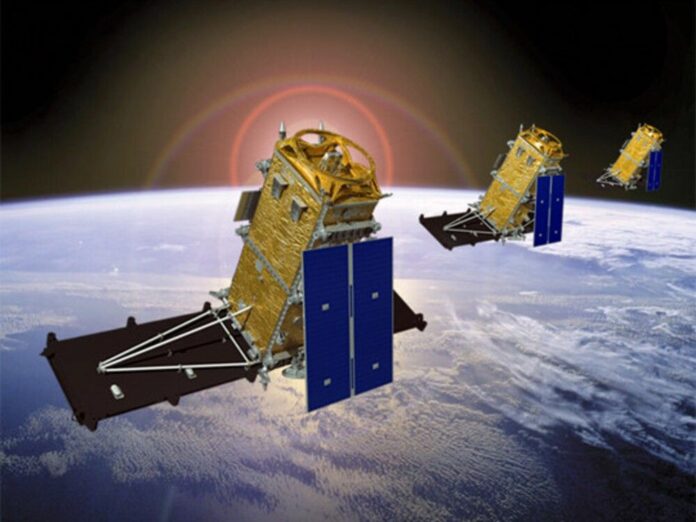“Investments in new space innovations are essential for defence and national security.”
Article content
The Canadian government should accelerate military satellite programs and create a national council headed by the prime minister to co-ordinate space priorities for the country, an organization representing country’s top space companies and researchers says.
Advertisement 2
Article content
The Liberal government has committed to spending billions of dollars on new military communications and weather satellites as part of its defence strategy.
But Space Canada, which represents 50 high-tech firms and research groups, says in a new report that those programs aren’t expected to be in place until the 2030s, a process too slow to keep pace with emerging technologies.
The group also wants to see the establishment of a National Space Council, chaired by the prime minister, to coordinate space priorities across government and to develop strategic space policy and directives.
“Investments in new space innovations are essential for defence and national security,” said Brian Gallant, CEO of Space Canada and former premier of New Brunswick. “Numerous countries are already recognizing the tangible benefits stemming from the prioritization of space.”
Article content
Advertisement 3
Article content
Last year, Defence Minister Anita Anand outlined Canada’s contributions to the modernization of the North American Aerospace Defence Command, many of which will involve space sensors, new radars and cutting-edge technology. The Canadian portion of the over-the-horizon radar project, part of the NORAD modernization effort, is worth at least $1 billion, according to National Defence briefing documents obtained by this newspaper. Also included is a new surveillance satellite system worth more than $5 billion.
The domestic space industry can provide the full range of capabilities that Canada has prioritized for continental defence, Space Canada pointed out.
But there is growing frustration among some domestic aerospace and defence companies that the Liberal government has been passing over Canadian technology and is instead opting for foreign systems. In addition, companies are warning that some projects are stalled.
Advertisement 4
Article content
Space Canada pointed out that no progress is planned for this year or next on the key satellite programs that the government’s defence strategy outlined as critical to national security.
“The Canadian space industrial base has the capabilities to deliver these programs at a speed of relevance, either as a traditional capital project from concept to development through to implementation and in-service support, or as commercially procured capabilities and services,” Space Canada’s paper sasid. “Canada’s space innovators are ready to move forward with these programs now.”
Leadership from the political level has also been identified by Space Canada as critical. With a National Space Council chaired by the prime minister, government would have a forum to co-ordinate strategies for commercial, civil and military space priorities, it noted.
Advertisement 5
Article content
“Canada lacks a unifying federal body to coordinate national space strategy and policy to keep Canada competitive in the new space economy,” the group wrote. “The National Space Council will enable a whole-of-government approach to the development of space capabilities across government departments.”
Such a federally-led approach would allow co-ordination for increasing the country’s space industrial base and potential exports of Canadian-made systems and technology.
Some of Canada’s closest allies have established similar national-level councils to provide government-wide coordination of space policy and national strategy. In the United States, the national space council is led by Vice-President Kamala Harris.
Advertisement 6
Article content
In December 2022, the House of Commons defence committee heard concerns that Canada’s main satellite surveillance system — the RADARSAT Constellation — would reach the end of its useful life in October 2026.
But a replacement for those spacecraft, outlined in the Liberals’ defence policy, would not be in orbit until 2035, Auditor General Karen Hogan warned.
“What we’re looking for is for the government to have a bit of a contingency plan,” Hogan told MPs on the Commons defence committee. “What will happen should these satellites reach the end of their useful lives? Right now, the government either buys information commercially or turns to its allies.”
David Pugliese is an award-winning journalist covering Canadian Forces and military issues in Canada. To support his work, including exclusive content for subscribers only, sign up here: ottawacitizen.com/subscribe
-

Analysis: Time to make defence firms pay for their failures to deliver equipment
-

Canadian special forces leaders warned about ‘untouchable’ soldiers who have escaped punishment for wrongdoing


